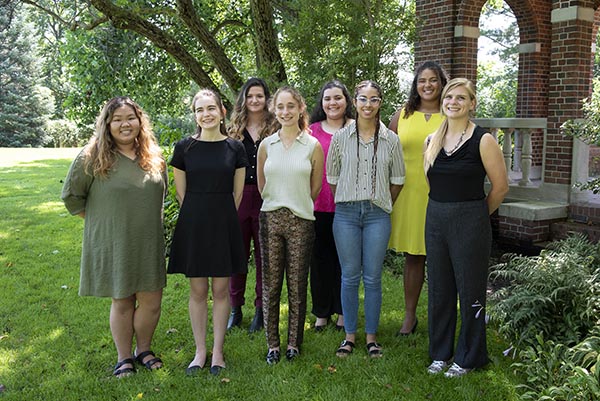Flint Community Initiative
Leveraging community assets for Flint's future
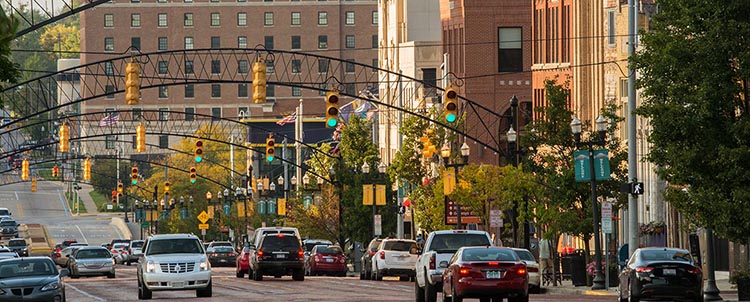
Service Learning Opportunity in Flint
Minimum of $3000 scholarship is included!
The Flint Community Initiative prepares and invests MSU's most vital resource -- the time, gifts and talents of students passionate to make a difference -- to engage in meaningful work in nonprofit community organizations in Flint while providing our students with a unique opportunity to develop skills in hands-on, collaborative community development projects.
The Context: Flint in the Aftermath of the Water Crisis
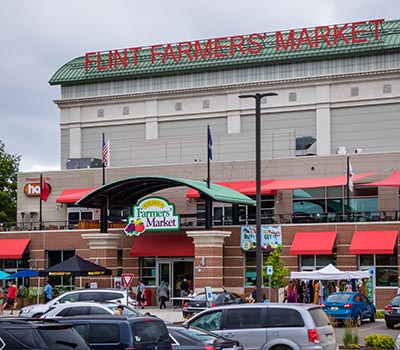
Precipitated by cost-saving measures that led to the poisoning of the water supply, the Flint Water Crisis has served as a catalyst for community change during the past five years. Yet like many Rustbelt cities, the city had struggled with the effects of decades-long economic disinvestment prior to the crisis. The magnitude of the crisis, however, spurred a bottoms-up, collaborative approach to creating authentic community development as a path forward to enhance the health and well-being of the city and its residents.
Our Mission
The Flint Community Initiative began its internship program during the Summer of 2019. At the core of our mission is the belief that the key to revitalizing distressed areas is to look at neighborhoods and communities not for their deficits but for their assets. Our internship program pairs students and leaders of nonprofit community and civic organizations to engage in collaborative, community-driven projects that help to expand community assets and contribute to a thriving future for Flint residents.
Program Essentials
- The program runs for 10 weeks during the summer plus one intensive weekend orientation.
- Faculty and staff work with community partners to place students for a community-based internship project experience.
- Students enrolled in 6+ credits will receive a minimum of $3,000 scholarship to defray living, work, and transportation expenses.
- Housing options are provided as part of the program in the Riverfront Residence Hall.
- Open to advanced undergraduate and graduate students across every major and College.
- Students take a 3 credit project-based skills course (SW 492/ SSC 490 - Flint Community Initiative: Asset-Based Approaches to Community Work), plus 3-6 internship credits (SSC 493).
- Students interested in taking only the skills course (SW 492/SSC 490 - Asset Based Approaches to Community Work) should contact program coordinator, Monica Villarreal, villar42@msu.edu.
- All class sessions and internships will be in-person with potential for hybrid format depending on COVID-19 guidelines and project needs.
- Faculty leaders work with students and their community supervisors to achieve a common goal: the completion of one or more products from a high-impact project that build upon the ways our nonprofit agency partners utilize and leverage existing assets to address social, political, and economic priorities within the community.
- During the internship, students will have opportunities to network and connect with community leaders representing various backgrounds and work experiences.
What is FAME?
FAME (Fostering Academics Mentoring Excellence) is a student resource center through the Michigan State University School of Social Work, specifically for MSU students who are alum of the foster care system, who have experienced kinship care, were previously unhoused, or are otherwise independent. FAME provides support and resources to these students to prepare them for success while at Michigan State and beyond. If you are FAME eligible and have an interest in participating in the Flint Community Initiative, please reach out to fame@msu.edu as you may qualify for additional funding for participation!
Past Community Projects 2023
-
League of Women Voters Flint Area – Voter Education Youth Initiative

The League of Women Voters is a nonpartisan political organization encouraging informed and active participation in government. The League influences public policy through education and advocacy. Students will work at the Voter Outreach Center in north Flint to increase LWV’s presence in the community and build capacity by developing youth programming. Students will provide education to youth about democracy through the creation of interactive workshops on history, government, and elections. Students also will develop a process to evaluate the program and prepare a final report.
-
Community Foundation of Greater Flint – Grantmaking and Equity Evaluation Project
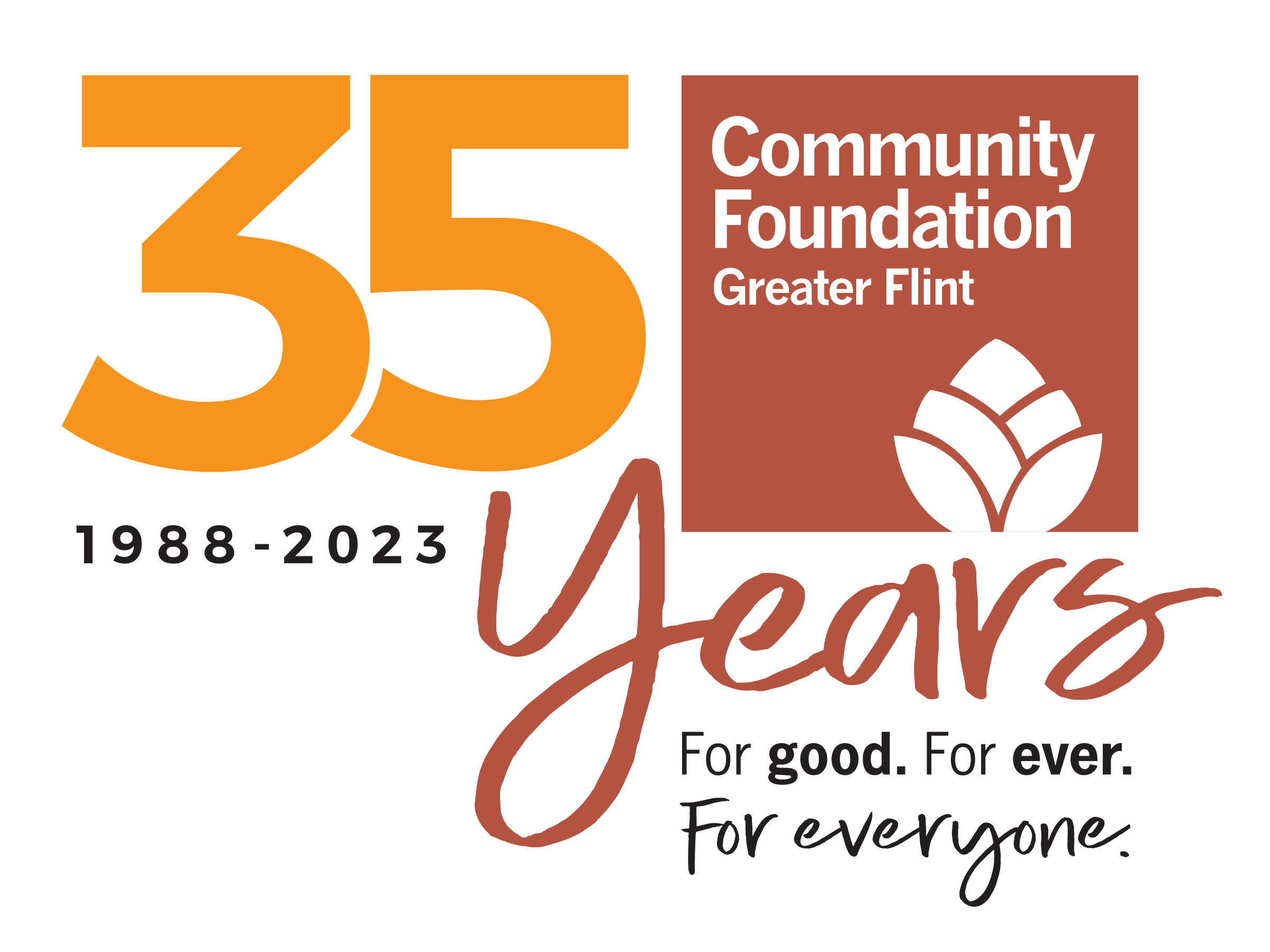
The Community Foundation of Greater Flint (CFGF) partners and leads by influencing and connecting generosity to Genesee County needs. For Good. For Ever. For Everyone. Students working with CFGF will experience first-hand the role and work of philanthropy through learning about a variety of local community projects. This internship will focus on data collection, data analysis and data reporting to evaluate grantmaking with an equity lens.
-
Communities First, INC - Flint Community Programming, Assessment, Advocacy, and Planning Initiative
The mission of Communities First, Inc. is to build healthy, vibrant communities through economic development, affordable housing, and innovative programming. Students will gain hands on experience in urban planning, development and mapping. Students will learn how to do community assessments, create and implement surveys, and evaluate programs. Students will attend neighborhood meetings and engage with the community to advance community organizing and advocacy.
-
The Flint Downtown Development Authority - Community Engagement Project Management Internship
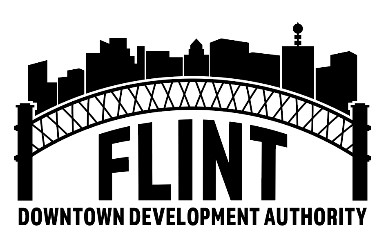 The Flint DDA works to enhance and support business development in the downtown area. Students will engage with small and large business owners to develop an awareness campaign to boost interest in the products, services, and amenities of downtown Flint through engaged research and development methods. Students will also work with DDA staff and community sponsors to create marketing strategies for Flint’s famous Back to the Bricks week.
The Flint DDA works to enhance and support business development in the downtown area. Students will engage with small and large business owners to develop an awareness campaign to boost interest in the products, services, and amenities of downtown Flint through engaged research and development methods. Students will also work with DDA staff and community sponsors to create marketing strategies for Flint’s famous Back to the Bricks week.
-
Flint Fresh & Edible Flint – An Asset Analysis of Flint’s Food System
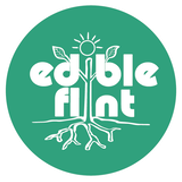
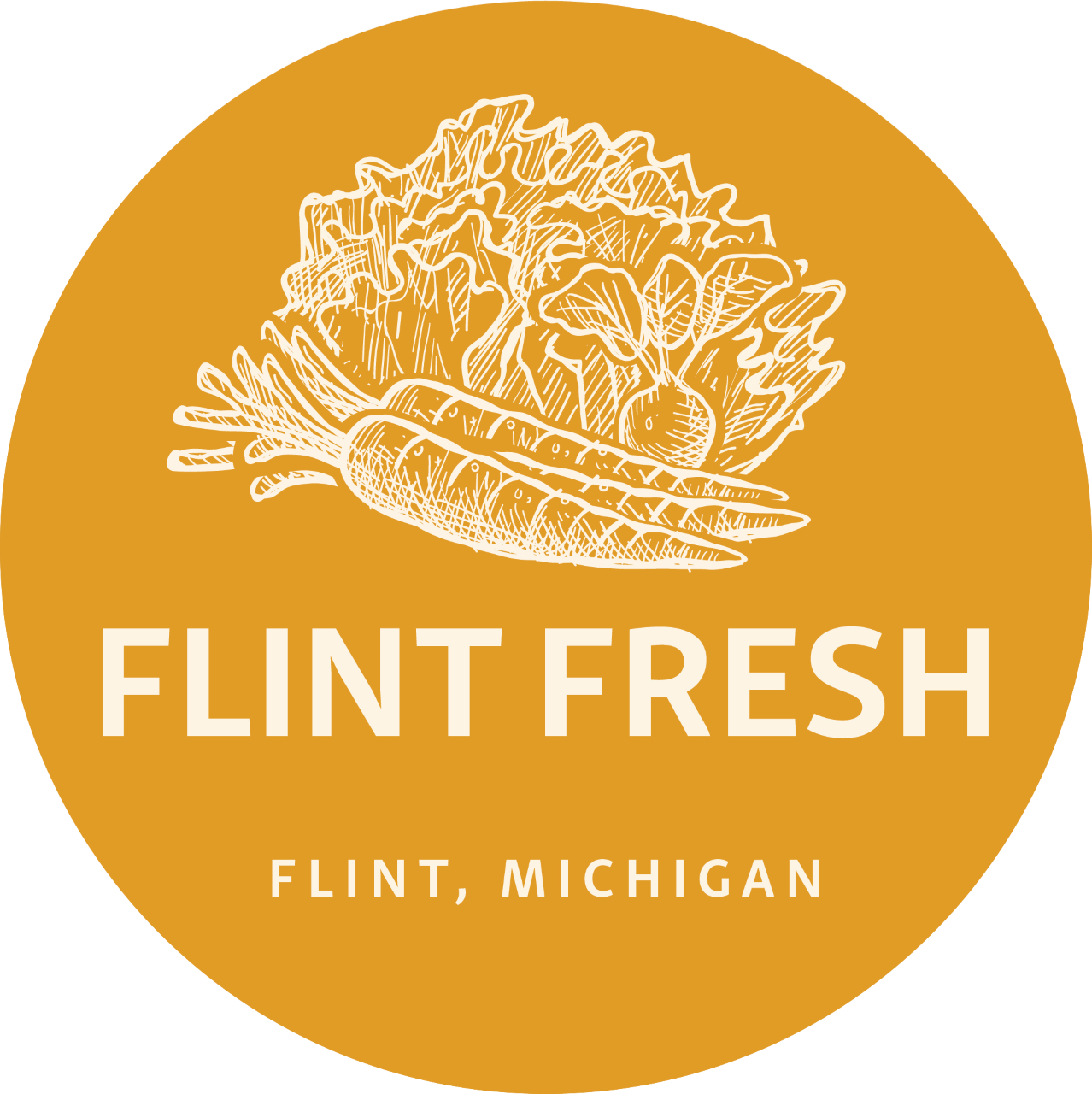
Flint Fresh and Edible Flint collaborates with local stakeholders to develop and implement strategies that support an equitable and sustainable food system enhancing resident access to healthy food in Genesee County. Students will learn about Flint’s food system, develop an inventory of local community gardens, conduct stakeholder interviews and surveys, and use GIS to map food system resources to facilitate food access by Flint families.
2024 Community Projects
-
Flint Innovative Solutions – Flint Eats Food App Project
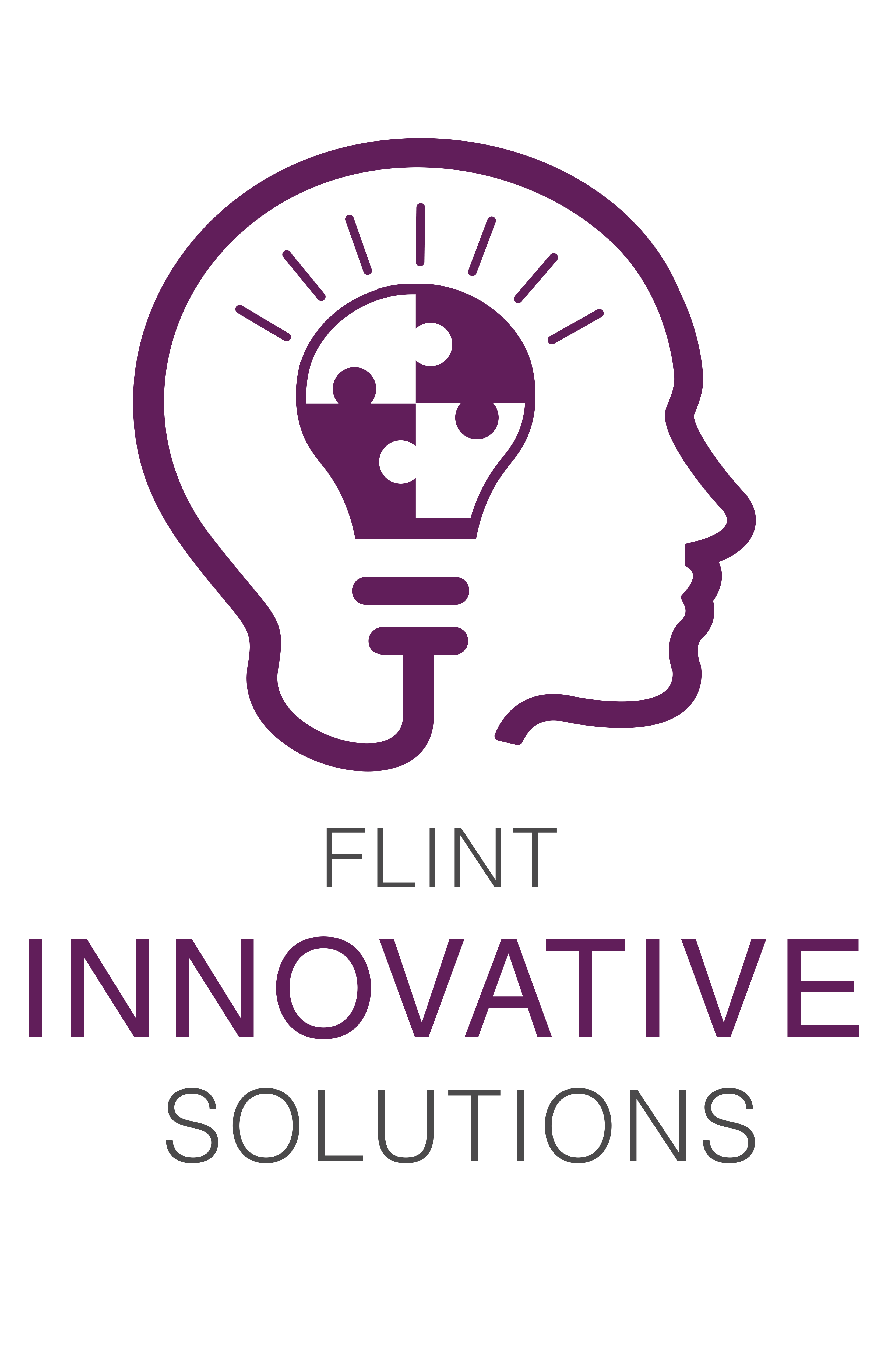
Working with community partners, we have identified two key priority areas that Flint Eats will aim to build trust within the food system. We want to increase information sharing about local food retailers to encourage them to offer more and better healthy food options. Flint Eats will also increase access to healthy food. Because of many historical and structural reasons including transportation, safety, and poor food quality, many of us do not have the access to healthy foods that we would like—we aim to change that! Flint Community Initiative students will help strengthen community engagement with the Flint Eats Food App and collect community-level data, centralized at the urban garden in the Ophelia Bonner Park on Flint’s north end, to improve access to healthy, accessible and affordable food in Flint.
-
Crim Fitness Foundation - Flint Neighborhood Planning Pilot Project
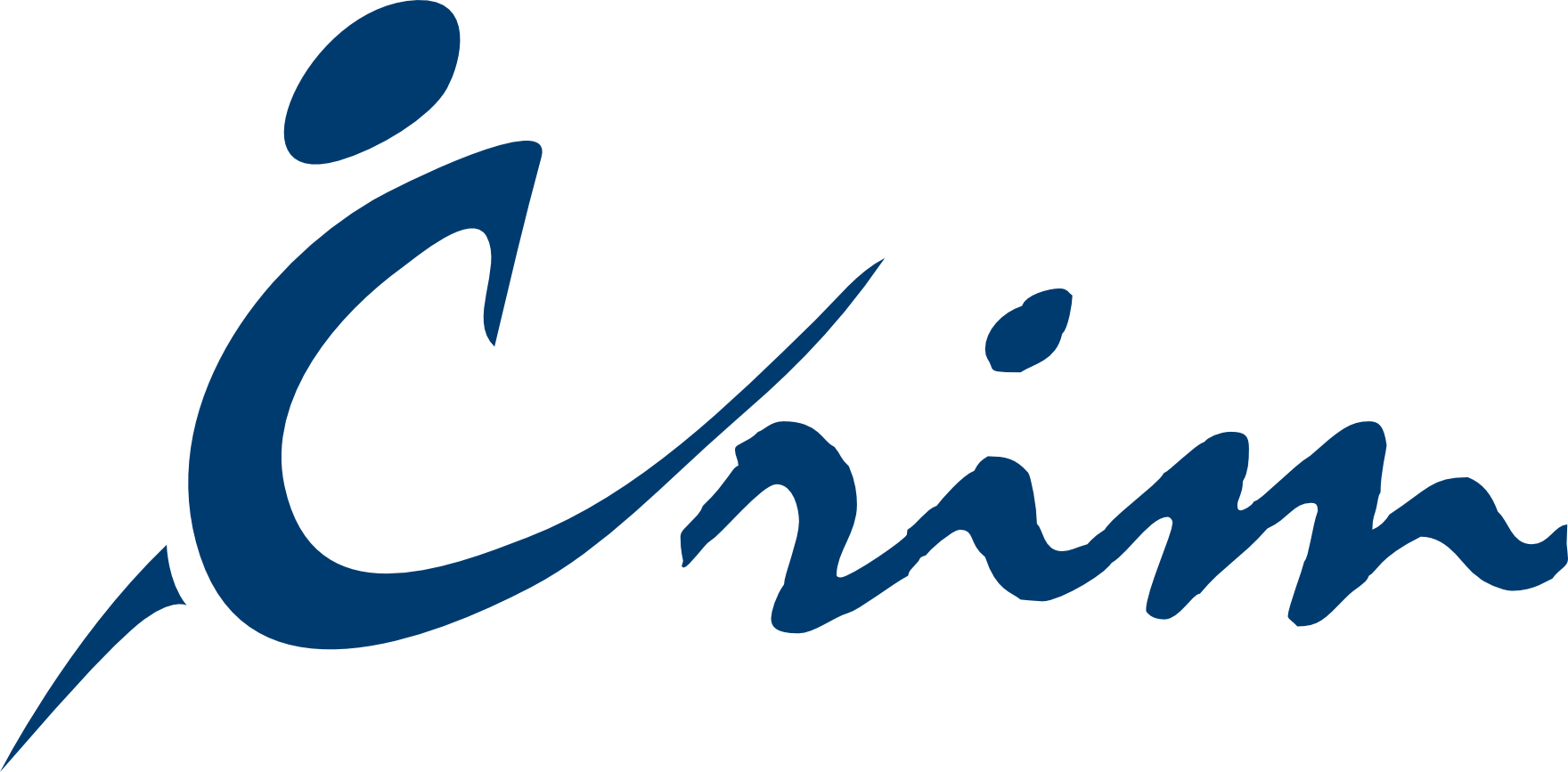
The Neighborhood Planning Initiative is a multi-year collaborative approach to deepening engagement with Flint residents around the future of their neighborhoods, building consensus, expertise, and support for comprehensive planning to improve quality of life across Flint. The project will also serve to increase resident power over the oversight and implementation of these plans and their own futures. This project was created in response to a lack of buy-in, broad mistrust, or in some cases a lack of familiarity, with comprehensive urban planning efforts in Flint, including the 2013 “Imagine Flint” plan, and the negative effect that has had on collective efforts to improve safety, economic opportunity, health, and wellbeing across our city. Flint Community Initiative Students will research best practices in neighborhood planning and policy, collect neighborhood data from resident voices, and create diverse communication strategies for community engagement.
-
Community Foundation of Greater Flint - Community Safety, Grantmaking and Equity Evaluation Project
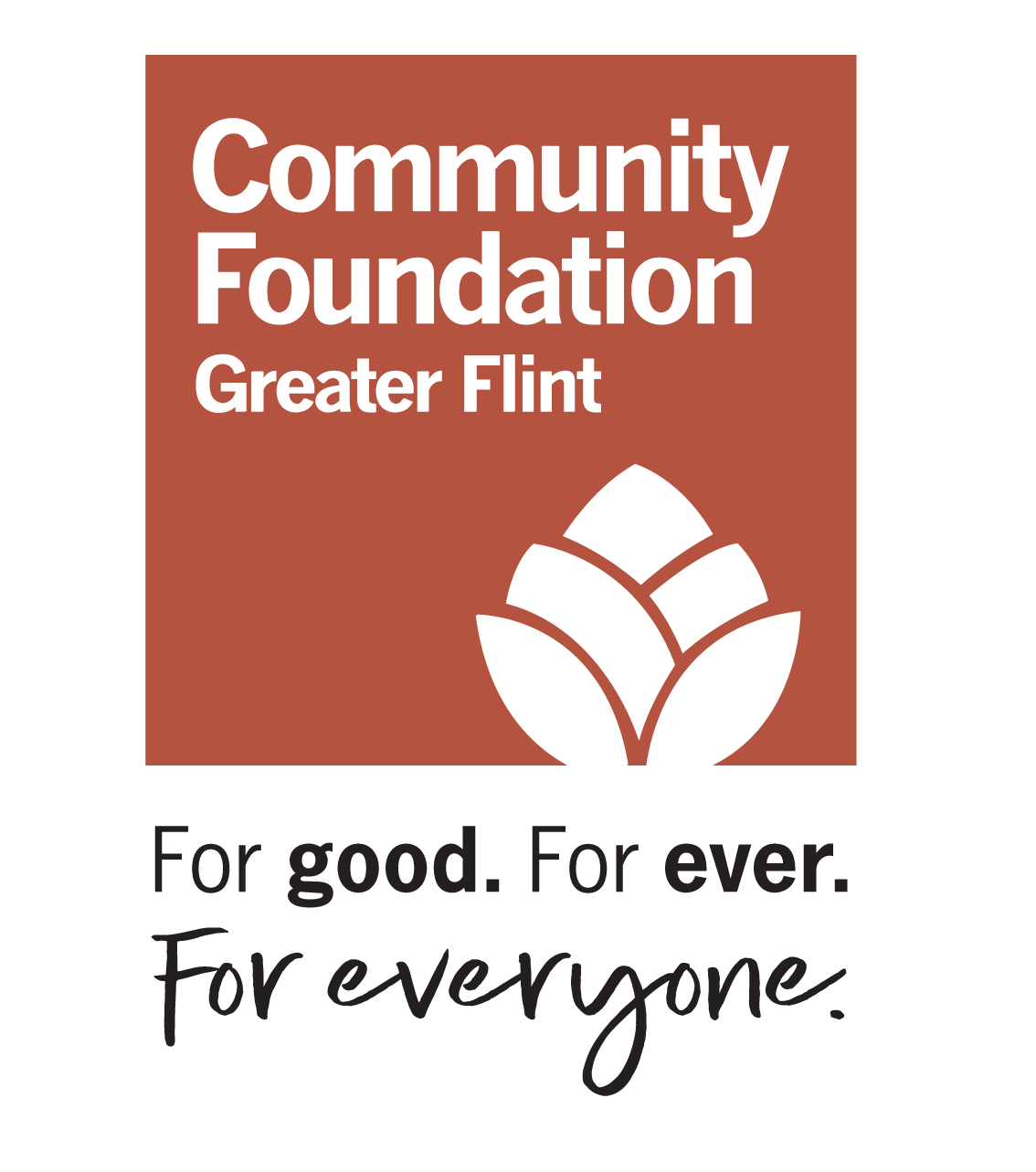
Each year CFGF awards grants for charitable purposes through a competitive grantmaking process. One of our signature programs – Neighborhood Small Grants Program (NSGP) has been involved in grantmaking to lift up resident-led grassroots organizations that work to improve the welfare and safety of their neighborhoods. Priority is placed on beautification, safety, capacity building, neighborhood art and or racial healing. In 2021, The Community Foundation participated in a national cohort focus on gun violence. The work and the learnings spawned the local Gun Violence Prevention Network (GVPN). The Network partners with over a dozen organizations and over 50 community stakeholders. Flint Community Initiative students will CFGF expand the leverage the use of an evaluative model developed in previous years to evaluate other grant-funded projects in our general grantmaking funds to organize grantees and projects for review with an equity lens. FCI students will continue the NSGP mapping, help with the GVPN work and youth engagement, as well as help us fill gaps with our social and racial equity taskforce work.
-
Flint Odyssey House, Inc. – Substance Use Disorder Prevention DISc
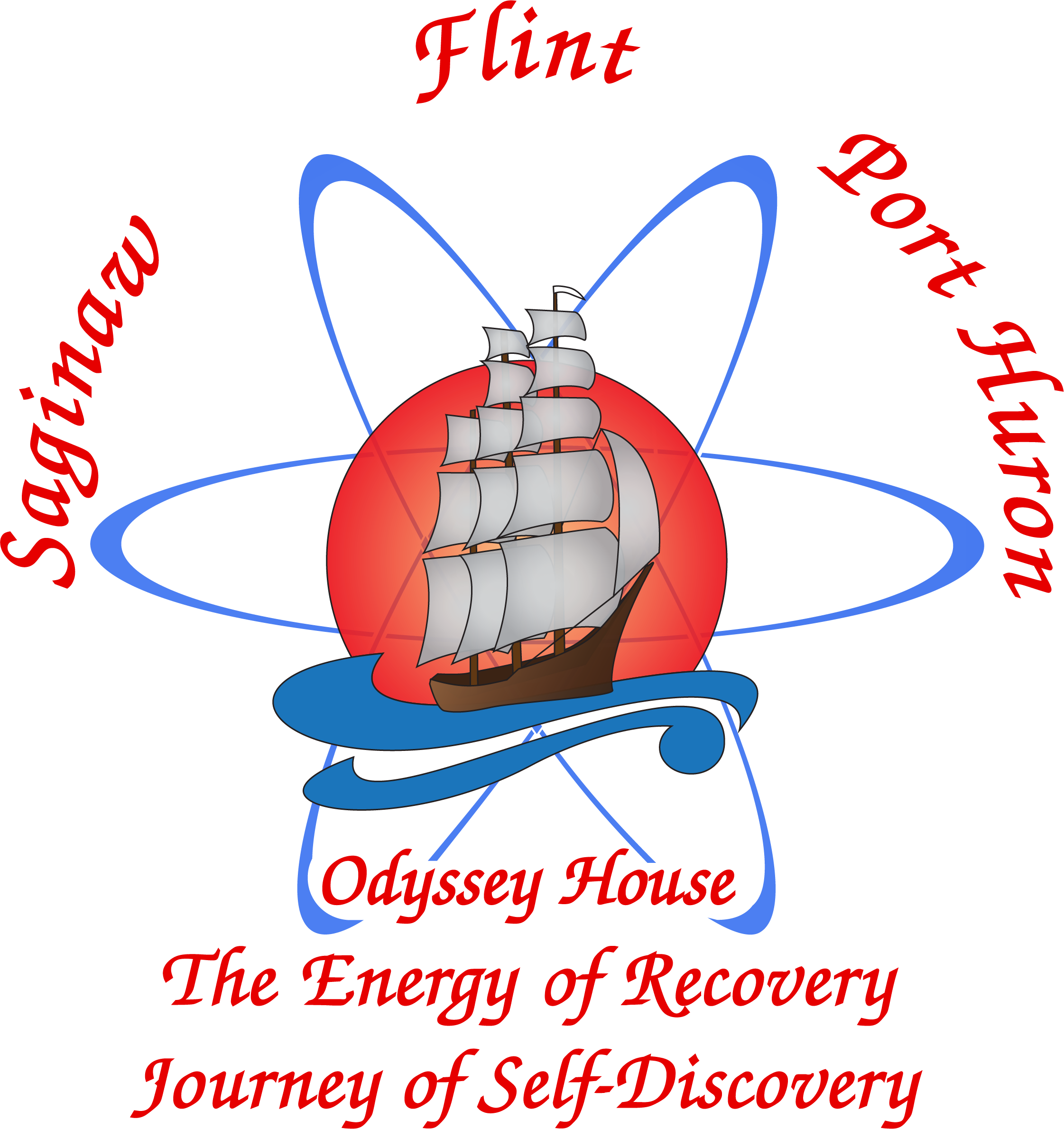
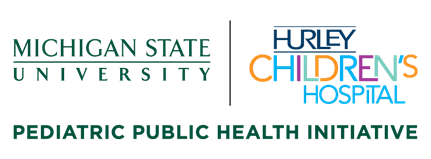
Flint Odyssey House (in collaboration with the MSU College of Human Medicine) received two of Blue Cross Blue Shield of Michigan Foundation “PEPI-DISc” sister grants to fund a program evaluation of Flint Odyssey House, Inc.’s services for Pregnant and Postpartum Women (PPW) receiving Substance Use Disorders (SUD) treatment in Flint, and Saginaw, and Port Huron, MI. This project will provide an opportunity to expand our scope of data analysis to include youth prevention and parenting education, in addition to optimizing inpatient treatment compliance rates and provision of outpatient treatment services to reflect post-pandemic era needs. These extensive enhanced parenting supports for PPW, their nonresidential co-parents, and families address various goals, but are ultimately geared towards ameliorating children's mental, emotional, and behavioral disorders by improving quality of life, parent-child relationship/attachment, and family functioning and wellbeing. Flint Community Initiative students will work in a multi-disciplinary team to support program evaluation, survey development and implementation, parent advisory meetings/focus groups, listening circles, data mapping/visualization, and development of an online participant portal.
Application and Contact Info
The Flint Community Initiative has no application fee and no program fee.
Semester: Summer 2024 (May 30 - August 9)
Application Deadline: March 22, 2024
Enrollment: On-going by permission of Program Coordinator, contact villar42@msu.edu


